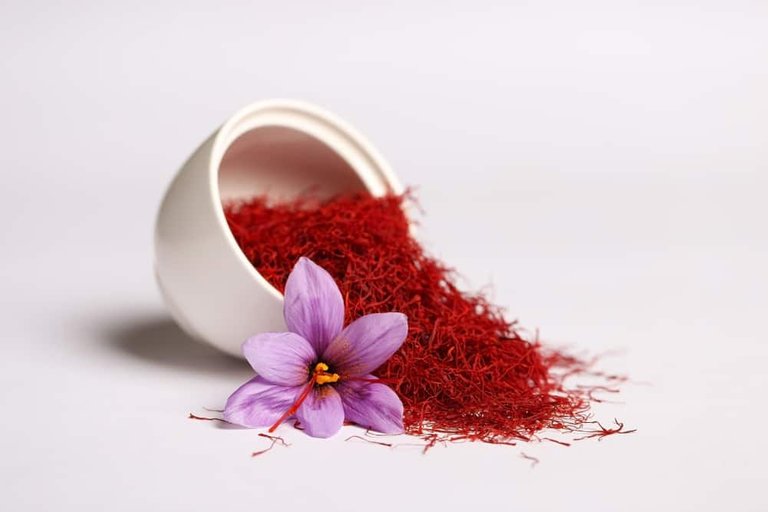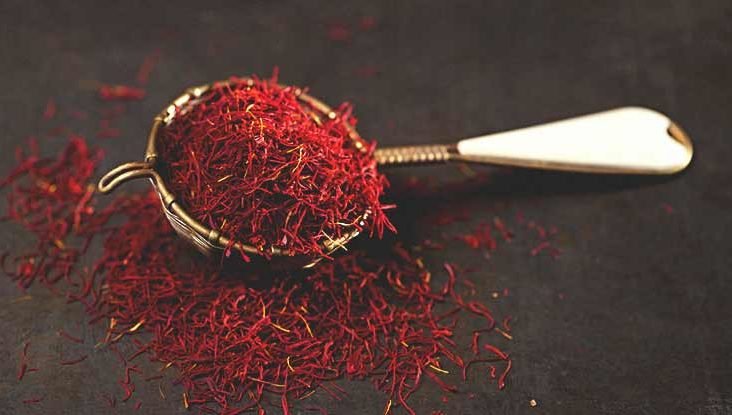Saffron strands are ground and folded into a tight ball, which has a coarse texture. It is available dried or in powder form. It is a yellowish-green powder that smells like saffron but not as sweet as saffron. It is a staple ingredient in many Middle Eastern cuisines.
Saffron Spice: Saffron strands are ground and then made into a fine sprinkling of golden-yellow powder for use in foods and cooking. Saffron can be found in gourmet cooking and in the Indian cuisine. It is sometimes sold in small packets containing only 18 doses. Saffron, which is the powder, has a flavor similar to saffron but does not have the pungent odor that is characteristic of saffron.
Health Benefits: The health benefits of saffron are due to the presence of carotenoids, which are powerful antioxidants. The spice has the highest concentration of antioxidants among all known spice trees. In addition, it contains a variety of other vitamins, minerals, and other nutritional components. The safranal, which is the most common compound in saffron, has been found to possess antioxidant properties. The beta-carotene found in safranal is another powerful antioxidant. The beta-carotene found in saffron may prevent formation of a thin layer of plaques that line the blood vessels.
Saffron has antimicrobial, antifungal, sedative, anti-inflammatory, and vasodilator properties, which may help reduce fever and headache. Some reports suggest that saffron may also help to treat some forms of cancer, although this has not been proven. It is also believed that saffron can help to improve the flow of blood through the body. Some reports have reported benefits that include relief from arthritis and cramps, as well as improving night vision.
Cancer Prevention: It has been reported that saffron has positive interactions with several cancer drugs like colchicine, cisplatin, and vincristine. Animal tests have indicated that saffron can destroy leukemia cells, which were thought to be untreatable. In test-tube studies, saffron prevented the growth of leukemia cells and stimulated growth of cervical cancer cells in human breast cancer patients. In another study, it was shown that in rats given an oral dose of a chemical carcinogen, which causes breast cancer, the body responded to saffron by reducing the toxic effect of the chemical. Saffron may also reduce the toxic effects of some cancer drugs.
Blood Flow: In traditional Chinese medicine, saffron is believed to be an effective blood cleanser. It is said to cleanse the blood of harmful free radicals and other toxins that can cause the body to function improperly. Blood flow is an important factor in the prevention of cardiovascular disease. By increasing blood flow, it helps to increase the energy level of the body and prevent the buildup of fatty deposits. In the health benefits section of Traditional Chinese Medicine, saffron is also reported to be an effective antioxidant.
Blood Pressure: In Traditional Chinese Medicine, saffron is often recommended for hypertension and atherosclerosis (hardening of the arteries). In Chinese culture, it is believed to be an effective agent for lowering blood pressure. There are no published health benefits concerning the use of saffron in the treatment of high blood pressure. However, saffron has been used to treat elevated blood pressure since the third century BC in Iran.
Safety: As with all foods, saffron should be cautiously considered in accordance with common sense. Since it is an herb, it can have side effects in susceptible individuals. Take the recommended dose in the recommended quantities of the corresponding food every day. If you are pregnant or nursing, or if you are on medication, contact your physician before taking saffron. For best results, take saffron in the whole herb form.
References:
https://www.healthline.com/nutrition/saffron


